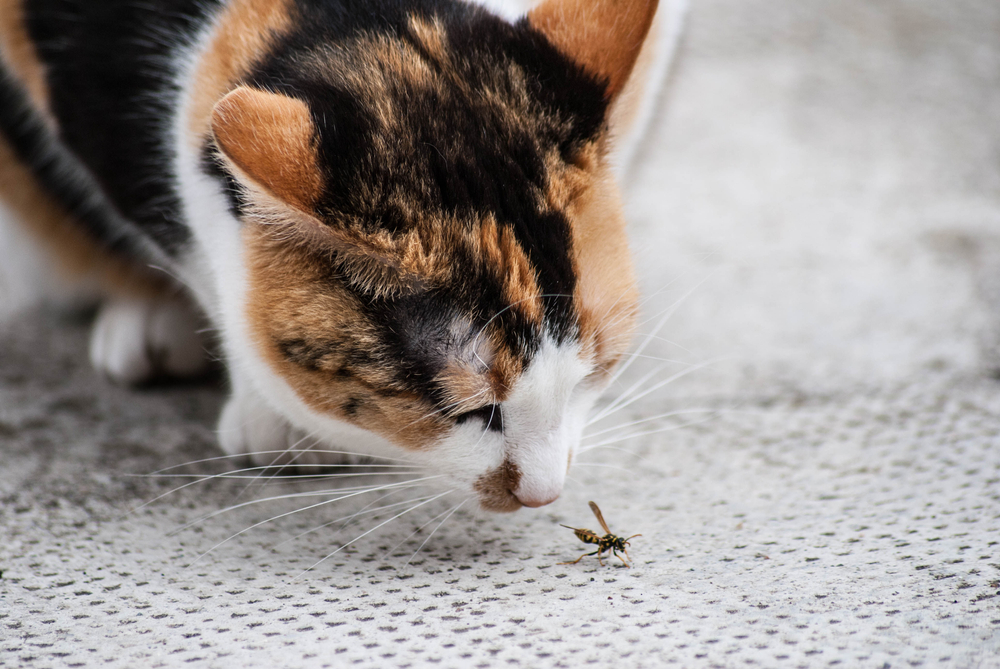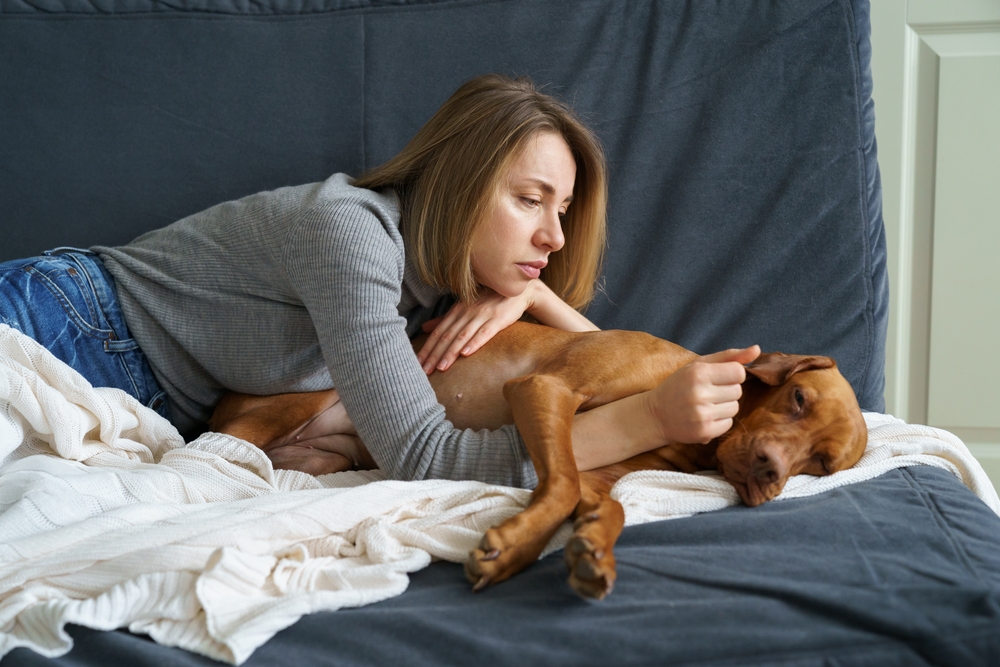In some cases, deciding whether to take your pet to the veterinarian can be difficult. Changes in your pet’s behavior may indicate they need attention, but should you rush them to the veterinary emergency hospital, schedule an appointment, or monitor them at home? Our Driftwood Animal Hospital team knows your pet means the world to you, so we explain what signs to look for and how you should react if your pet is affected.
Signs your pet needs emergency veterinary attention
If your pet experiences a veterinary emergency, they need immediate attention. The following signs indicate that you should seek care for your pet as quickly as possible:
- Excessive bleeding — If your pet sustains a wound that bleeds excessively or does not stop bleeding after you apply pressure for five minutes, they need emergency veterinary care.
- Toxin exposure — If you know or suspect your pet ingested a toxin, immediately contact Driftwood Animal Hospital or Animal Poison Control to get expert advice on next steps.
- Foreign body ingestion — If your pet ingests a foreign body, such as a string, sock, rock, or small toy, the object can cause a gastrointestinal (GI) obstruction and your pet needs veterinary care as soon as possible. In some cases, we can induce vomiting to remove the object from the stomach and prevent the need for surgery. However, you must never induce your pet to vomit, because serious complications can occur if it’s not done correctly.
- Extreme trauma — Pets who are hit by a car or fall from an extreme height need emergency veterinary care. They may appear OK, but they may have serious internal injuries that need treatment.
- Excessive GI upset — Vomiting and diarrhea cases that require emergency care include:
- Repeated episodes over a short period
- Accompanying signs, such as fever, pain, bloating, inappetence, or lethargy
- Blood in the vomit or diarrhea
- Knowing or suspecting your pet ingested a toxin or foreign body
- Collapse — Your pet can collapse or lose consciousness for numerous reasons—all are concerning, and should be investigated as soon as possible by a veterinarian.
- Eye injury — Eye injuries can quickly worsen and potentially endanger your pet’s vision. If your pet’s eye is squinty, tearing, or swollen, seek emergency care.
- Bone fracture — If your pet has a noticeable bone fracture, they need immediate veterinary care to stabilize the bone and manage their pain.
- Seizure — If your pet has a seizure, attempt to video the episode and note the time and length. Once the seizure is over, contact our veterinary team for advice.
Signs you need to schedule a veterinary appointment
In some cases, your pet needs veterinary attention, but their condition is not urgent. Signs that indicate you should schedule a veterinary appointment for you pet include:
- Appetite changes — Any change in your pet’s eating habits should be evaluated by a veterinarian. A decreased appetite can mean your pet feels unwell, while an increased appetite can indicate conditions such as hyperthyroidism, diabetes, and Cushing’s disease.
- Water intake changes — Excessive thirst and urination are common signs in pets with conditions such as kidney disease, diabetes, and Cushing’s disease. In addition, if your pet isn’t drinking enough, they are at risk for dehydration and need a veterinary assessment.
- Weight loss — Conditions such as cancer, liver disease, heart disease, and kidney disease can cause pets to lose weight. Schedule an appointment if your pet has unexplained weight loss.
- Decreased activity — If your pet is less active and not as interested in play, they may feel unwell or are in pain.
- Skin complications — Allergic dermatitis, seen commonly in pets, can be caused by various issues such as flea allergy dermatitis (FAD), environmental allergies (i.e. atopy), and food allergies. Treatment depends on the underlying problem, but a veterinarian should always evaluate an itchy pet and determine appropriate therapy.
- Obesity — An overweight pet is at increased risk for numerous health issues, such as kidney disease, cancer, diabetes, and arthritis, and a veterinarian needs to devise an appropriate weight loss strategy that will also prevent complications associated with sudden calorie restriction.
- Limping — If your pet’s persistent limp doesn’t resolve after a few days, they need a veterinary evaluation to determine the cause.
- Halitosis — Bad breath may not seem important, but halitosis can indicate your pet has periodontal disease, which can lead to significant intraoral complications and potential organ damage. Schedule an appointment if your pet’s breath is offensive, so we can determine if they need a professional veterinary dental cleaning.
Signs your pet needs at-home care

In some cases, you can monitor your pet’s condition at home. Examples include:
- GI upset — If your pet has one bout of vomiting or diarrhea and otherwise appears OK, you can monitor their condition at home. Withhold food and water for a few hours, and if they don’t have a repeat episode, offer a small amount of water. If they keep the water down for two to three hours, you can offer a small amount of a bland diet, such as boiled chicken and rice.
- Tick bite — If you find a tick on your pet, they don’t need veterinary care. Use a tick tool or blunt tipped tweezers to carefully remove the entire tick, and then clean the bite wound. Monitor your pet over the next several weeks for signs such as lethargy, swollen lymph nodes, fever, and shifting limb lameness, which may indicate a tick-borne illness. We recommend tick-borne disease screening during your pet’s next regular appointment.
- Bee sting — Bee stings are painful for pets, but they don’t require veterinary care unless your pet is allergic. Check the sting site and remove the stinger, if present, to prevent further envenomation. You can apply a paste made from baking soda to help provide some relief to your pet. If your pet experiences swelling, trouble breathing, vomiting, diarrhea, or collapse after the bee sting, they are experiencing an anaphylactic reaction and need immediate veterinary care.
Knowing how to react when your pet needs care is important. Contact our Driftwood Animal Hospital team to enquire about scheduling an appointment or whether your pet needs emergency veterinary care.








Leave A Comment